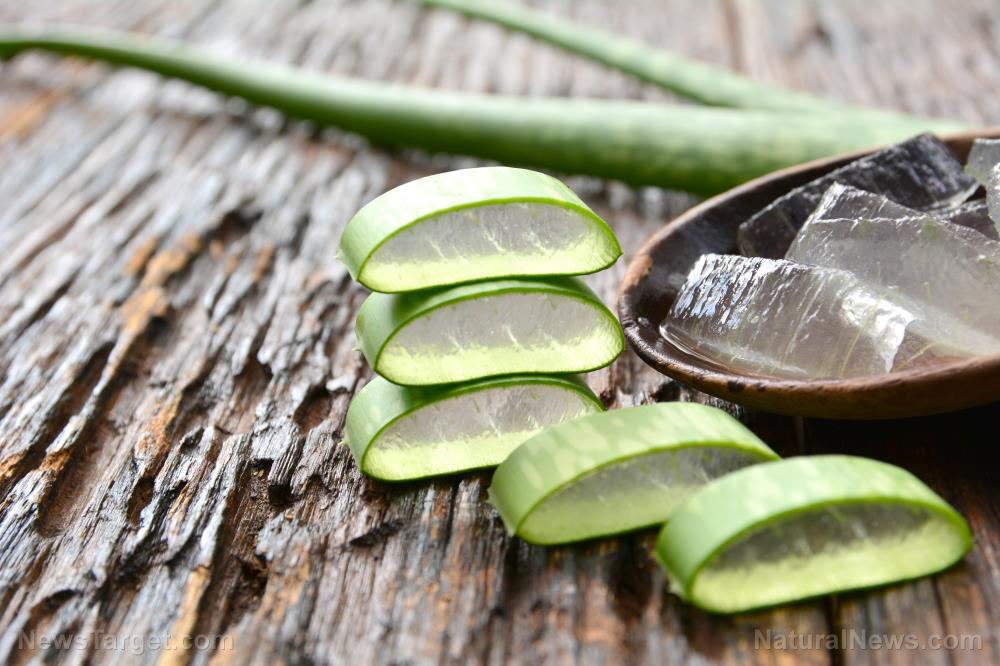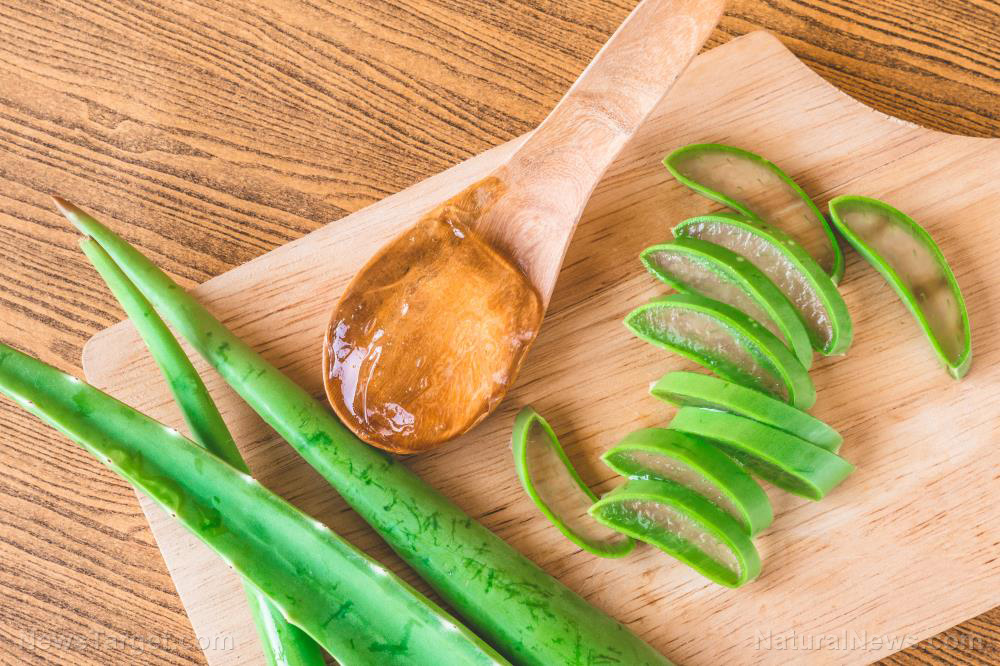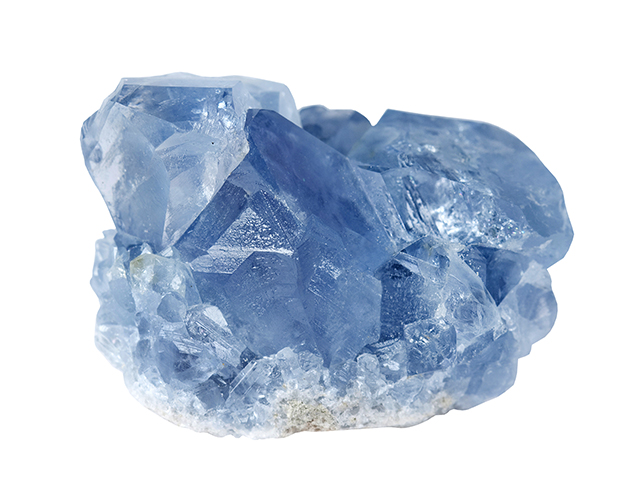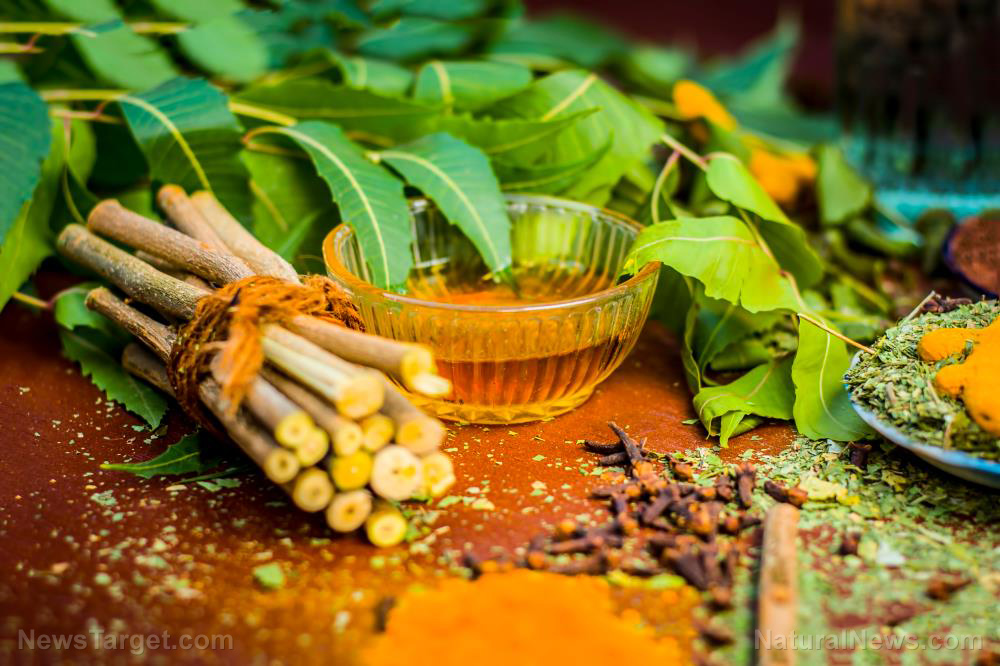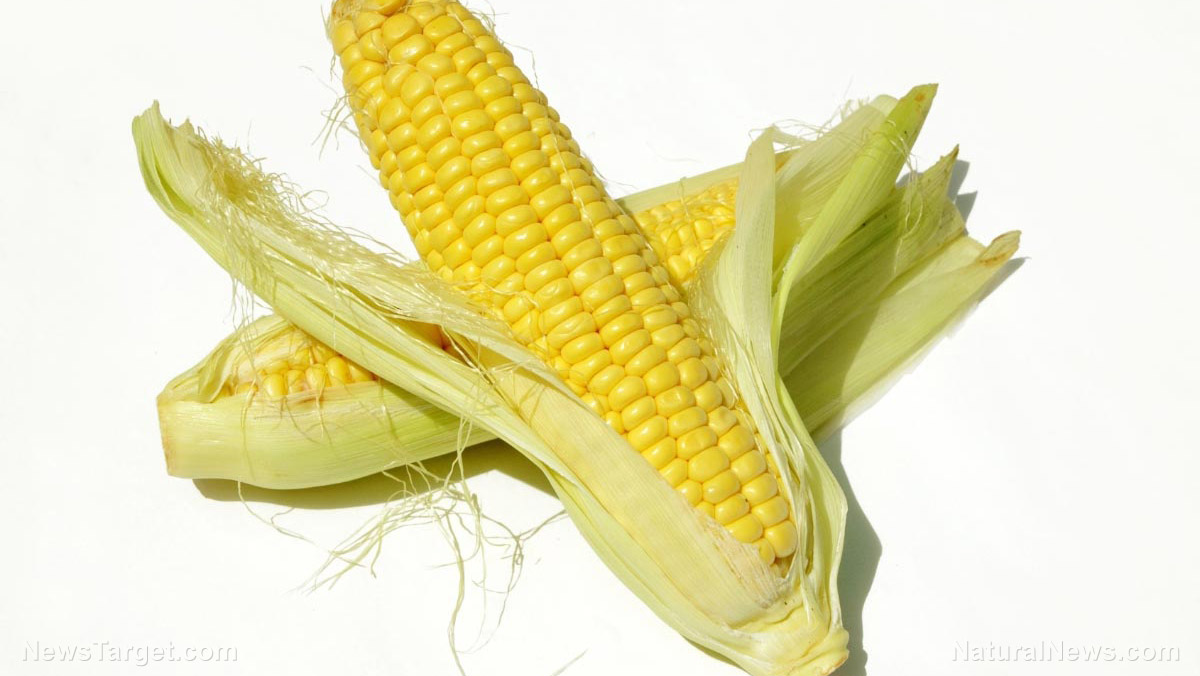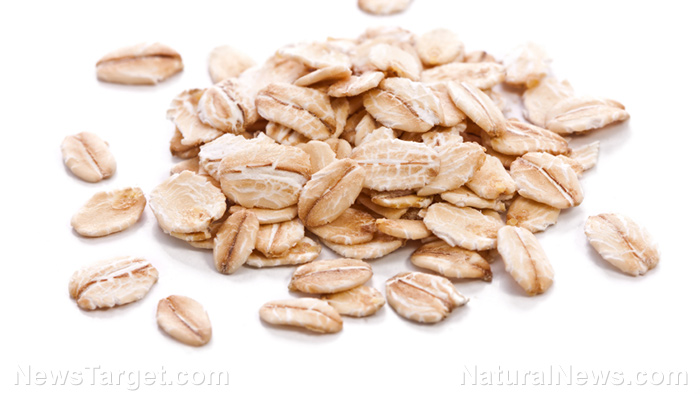Compounds from astragalus found to attenuate pulmonary arterial hypertension
04/04/2019 / By Michelle Simmons

A study published in The American Journal of Chinese Medicine found that polysaccharides from astragalus, also known as huang qi in Chinese medicine, exhibit antioxidant and anti-inflammatory effects that may be useful against hypertension. In the study, a team of Chinese researchers looked at the function of astragalus polysaccharides on pulmonary arterial hypertension.
- The Chinese research team conducted the study in rats that they injected with monocrotaline to induce pulmonary arterial hypertension.
- They gave the animals 200 milligrams per kilogram (mg/kg) of astragalus polysaccharides once every two days for two weeks.
- Based on the results, the researchers found that treatment with astragalus polysaccharides reduced the severity of monocrotaline-induced pulmonary artery hypertension.
- In addition, the treatment warded off oxidative stress, promoted vasodilation, and reduced inflammation.
In sum, the findings of the study suggest that treatment with astragalus polysaccharides can help attenuate monocrotaline-induced pulmonary artery hypertension by promoting vasodilation and reducing inflammation.
To read more studies on the health benefits of astragalus, visit ChineseMedicine.news.
Journal Reference:
Yuan LB, Hua CY, Gao S, Yin YL, Dai M, Meng HY, Li PP, Yang ZX, Hu QH. ASTRAGALUS POLYSACCHARIDES ATTENUATE MONOCROTALINE-INDUCED PULMONARY ARTERIAL HYPERTENSION IN RATS. The American Journal of Chinese Medicine. 19 May 2017; 45(4): 773-789. DOI: 10.1142/S0192415X17500410
Tagged Under: alternative medicine, anti-inflammatory, antioxidants, astragalus, astragalus polysaccharides, cardiovascular disease, herbal medicine, huang qi, hypertension, natural cures, natural healing, natural medicine, natural remedies, polysaccharides, pulmonary arterial hypertension, research



